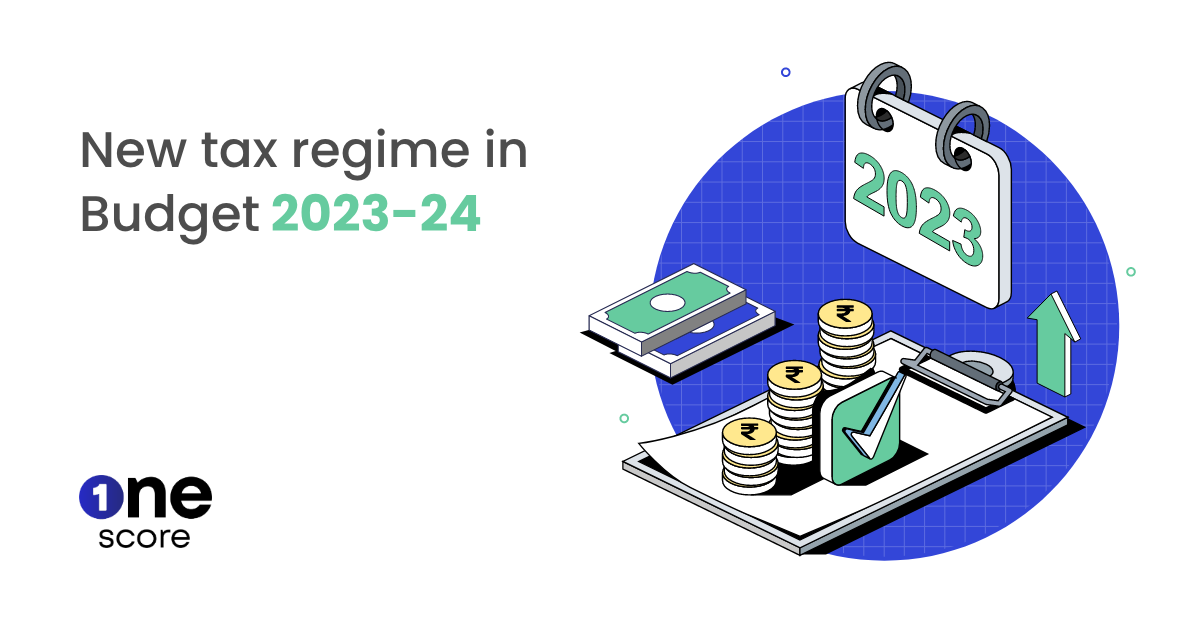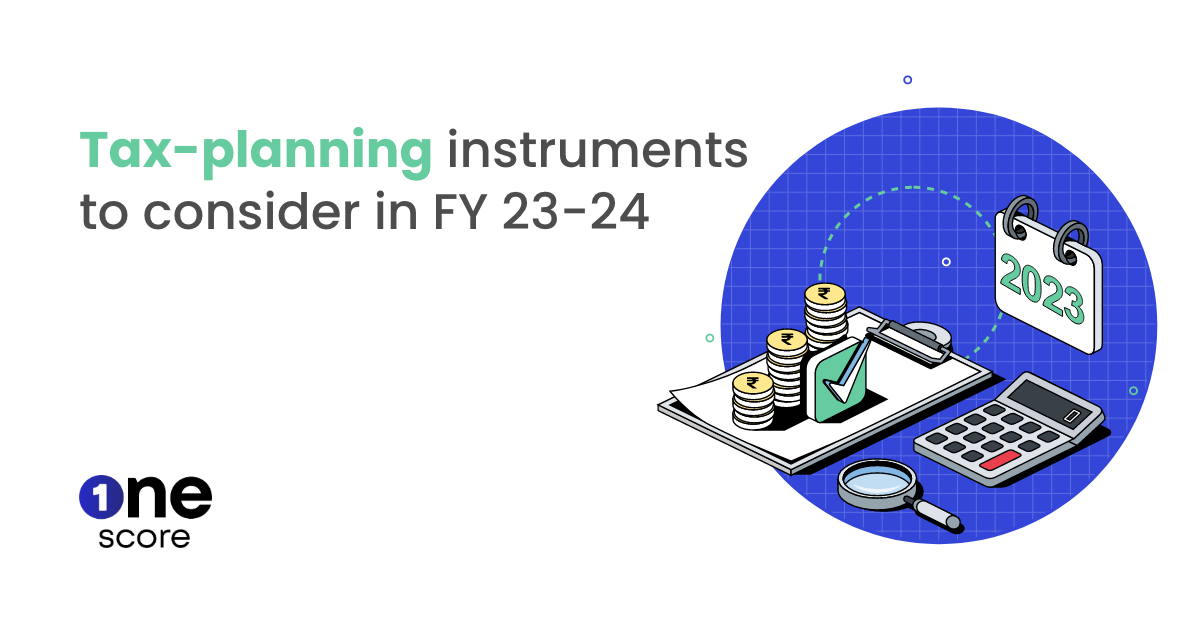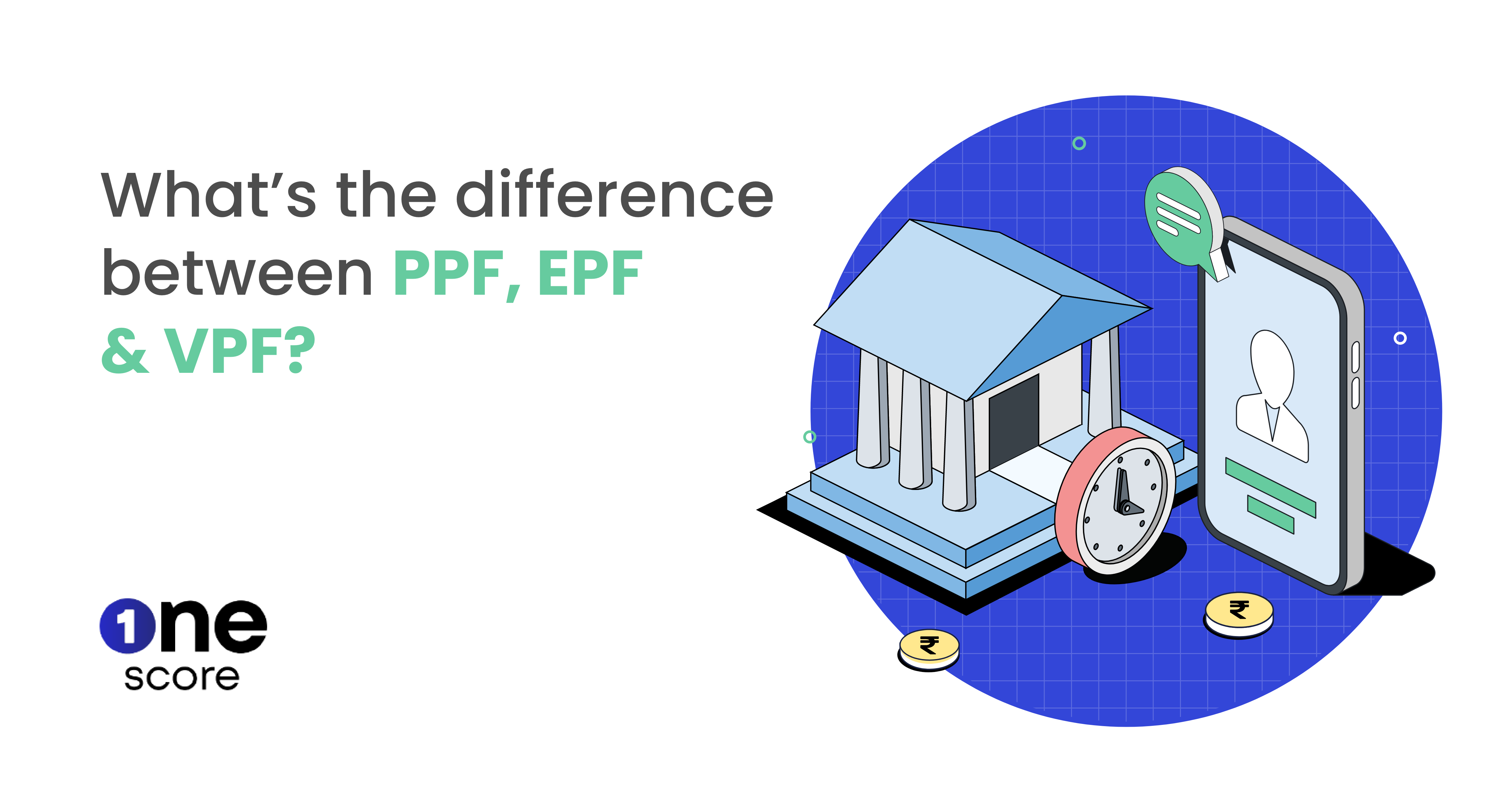5 tips for better financial planning
Want to make a financial plan but don’t know where to begin? Here are 5 smart financial habits you can adopt.

Listen to the article here:
Financial planning can seem like a daunting process when you don’t know where to begin. Most people don’t take a long-term view into account while planning finances and worry about not being able to save enough.
However, financial planning isn’t just about having a great bank balance. It is essentially about setting and achieving goals and making informed decisions about how to use your money to reach those goals. Here are some smart ways in which you can simplify your financial plan:
1. Set financial goals
The first step towards financial planning is setting up goals. Your goals can be as big as buying a house or as real as saving up for a comfortable life after retirement. However, you must know how much you need to save, and how much you can afford to spend to achieve those goals. Having a clear set of goals make it easier to stay on track and manage your finances better.
Start by dividing your goals into these categories
• Short-term goals (1-3 years)
Needless to say, short-term goals come with a short timeline and hence you need to be even more stringent with your savings. Whether your goal is to go on a vacation or plan a wedding, work out how much you need to save every month to get there. Follow a budget and review your expenses at the end of the month.
• Long-term goals (3-15 years)
Long-term financial goals are equally important while making a financial plan as it helps you plan for major life goals. For example, saving up for your child’s higher studies, planning for a retirement fund, etc., requires you to start financial planning early on. Long-term goals may need a bigger corpus, hence saving alone may not help you. It’s important to explore different avenues of investment to optimize your savings.
2. Track your expenses regularly
Many people make a budget but very few people stick to it. Keeping a tab on your expenses not only makes you spend mindfully but also helps you realize how realistic your budget is. Here’s how to do it efficiently:
• Divide your expenses into fixed expenses and variable expenses. This will help you understand your spending pattern. For example, if you have the habit of ordering in frequently, knowing your pattern may make you rethink your next order.
• Follow the rule of 50/30/20, where you spend 50% of your income on needs like rent & food, and 30% on wants like entertainment or travel, and 20% goes to savings. You can modify the ratio to best suit your life circumstances, but make sure you are aware of where your money is going.
3. Have an emergency fund
Studies show that nearly half of Indians are ill-prepared for financial emergencies like heavy medical bills, job loss, etc. Therefore, it’s a good idea to have a stash of money set aside to cover you during such emergencies. Experts recommend that one must have at least 3-6 months of living expenses in their emergency fund. Being financially prepared under times of distress can give you the confidence to tackle any circumstances and also help safeguard your family’s financial well-being.
4. Start investing
Investing is an integral part of a successful financial plan. While saving is important for building a financial safety net, investing is a key strategy for building wealth over the long term. Savings accounts offer fixed but minimal interest rates (3-6%), investing on the other hand can offer potentially higher returns over a long investment horizon. It’s also important to note that market investments are subject to market risks and one should always do their research before investing in certain schemes. Having a balanced approach to both saving and investing helps you achieve your financial goals faster.
To know more about different financial instruments, read 6 Tax-saving instruments you must know of
5. Start retirement planning early on
According to studies, most Indians are ill-prepared for retirement and do not have adequate savings. Retirement brings with it its own set of challenges: from dealing with medical emergencies to the increased dependency on children. Having inadequate retirement funds can put you in a difficult position.
The earlier you start your retirement fund, the more time you have to save and invest for retirement. This means that you can take advantage of compounding interest, which can significantly increase the value of your retirement savings over time. By starting early, you also get the flexibility to adjust and restructure your retirement plan if need be.
Also read: Why women need a better retirement plan
Get started on your financial plan today. And to keep your credit health in check, download OneScore.
**Disclaimer: The information provided on this webpage does not, and is not intended to, constitute any kind of advice; instead, all the information available here is for general informational purposes only. FPL Consumer Services Private Limited and the author shall not be responsible for any direct/indirect/damages/loss incurred by the reader in making any decision based on the contents and information. Please consult your advisor before making any decision.





- OneScore , March 31, 2023

